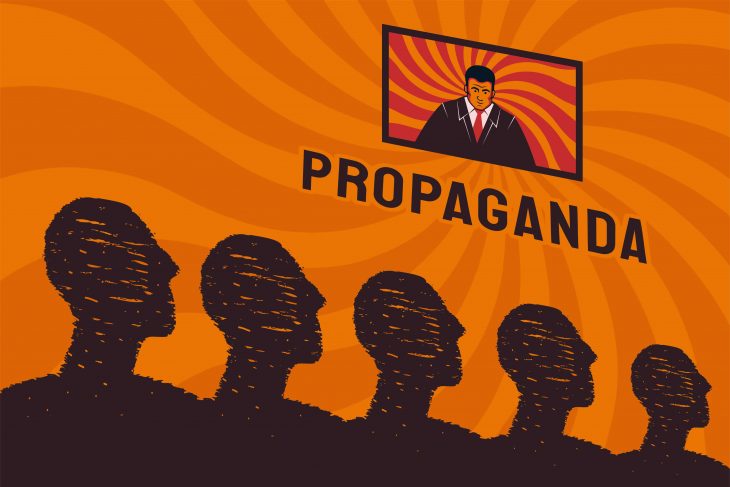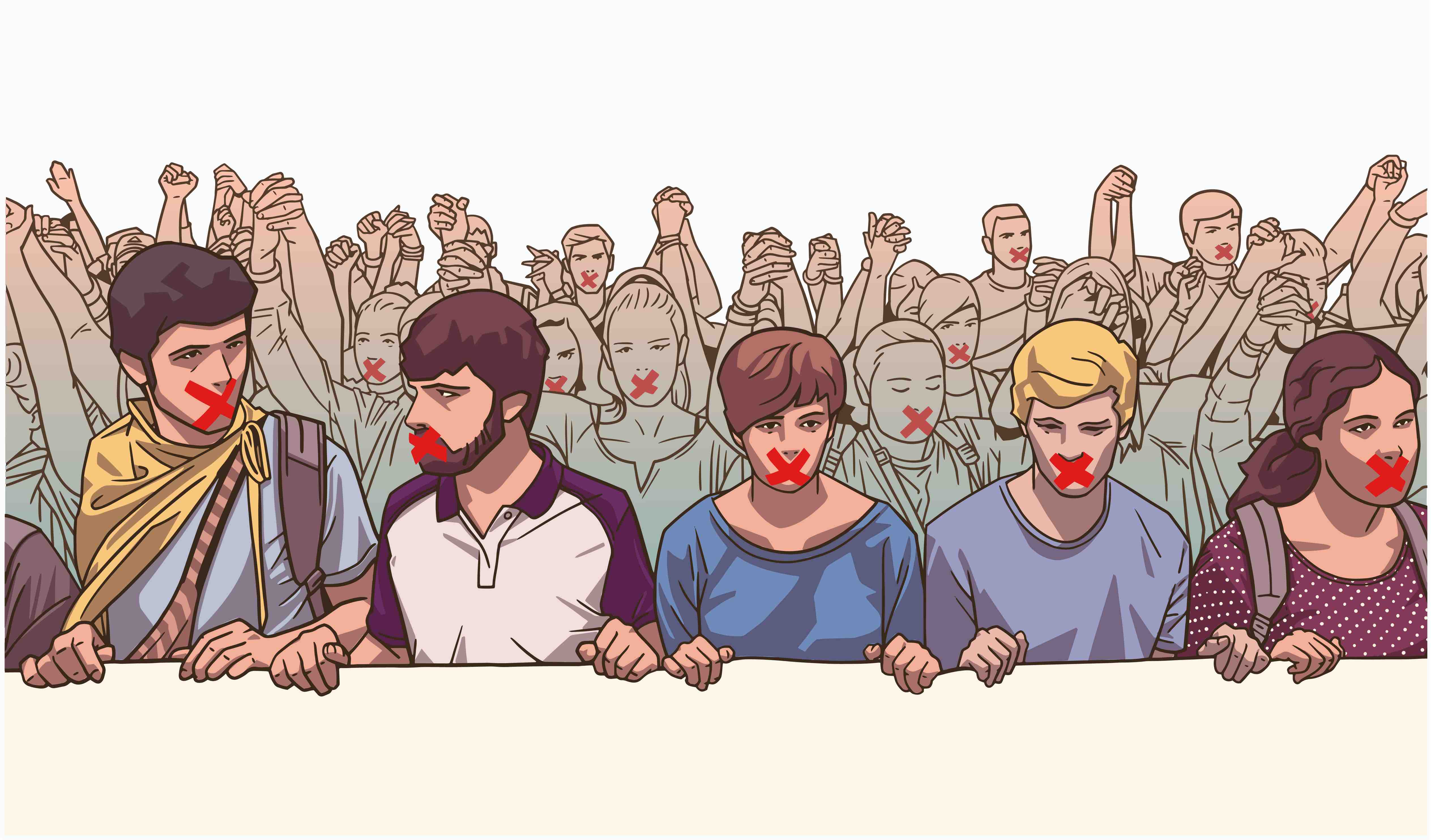
A dictatorship is a form of government characterized by the concentration of power in the hands of a single individual or a small group. It often involves the suppression of political opposition, limited civil liberties, and a lack of checks and balances. In this article, we will delve into 10 compelling facts about dictatorship, shedding light on its characteristics, historical examples, and impact on societies. Let’s explore the world of authoritarian rule and its ramifications.
Concentration of Power
Dictatorships are marked by the concentration of power in the hands of a single leader or a small ruling elite. This allows them to make decisions without the need for democratic processes or consultations with the wider population.
Lack of Political Pluralism
Dictatorships often suppress political pluralism, limiting or eliminating opposition parties and dissenting voices. They seek to maintain control by suppressing any potential threats to their power.
Cult of Personality
Dictators often cultivate a cult of personality around themselves, creating a sense of adoration and loyalty among their followers. This can be achieved through propaganda, state-controlled media, and the glorification of the dictator’s achievements.
Suppression of Civil Liberties

Dictatorships typically curtail civil liberties such as freedom of speech, assembly, and the press. They control information flow and limit the ability of citizens to express dissent or criticize the government.
State-Controlled Media
Dictatorships frequently exert control over the media, using it as a tool to disseminate propaganda and shape public opinion in favor of the regime. Independent journalism is often suppressed, and media outlets become mouthpieces for the government’s narratives.
Historical Examples
Throughout history, numerous dictators have risen to power, leaving indelible marks on their countries and the world. Examples include Adolf Hitler in Nazi Germany, Joseph Stalin in the Soviet Union, and Kim Jong-un in North Korea.
Impact on Society
Dictatorships can have profound impacts on societies, ranging from economic stagnation and corruption to human rights abuses and social polarization. The lack of accountability and transparency often leads to the mismanagement of resources and the perpetuation of inequality.
Challenges to Democracy
Dictatorships pose significant challenges to the establishment and maintenance of democratic systems. They undermine democratic values, weaken institutions, and hinder the development of a vibrant civil society.
Popular Resistance Movements
Despite the challenges they face, dictatorships often face popular resistance movements seeking to reclaim democratic rights and freedoms. These movements can take various forms, including protests, civil disobedience, and underground activism.
Transition to Democracy
Throughout history, many dictatorships have eventually transitioned to democratic systems. This transition can be challenging and complex, requiring extensive political reforms, truth and reconciliation processes, and the establishment of democratic institutions.
Conclusion
In conclusion, dictatorship is a form of government characterized by the concentration of power in the hands of a single individual or a small group. It suppresses political opposition, curtails civil liberties, and exerts control over media and information. Dictatorships have had significant historical and societal impacts, challenging democratic systems and giving rise to popular resistance movements. Understanding the nature and consequences of dictatorship is essential for promoting and safeguarding democratic values and institutions in our global society.
Frequently Asked Questions (FAQs)
Can a dictatorship exist within a constitutional framework?
Yes, in some cases, dictators may operate within a constitutional framework, albeit with limited checks and balances. They may manipulate or amend the constitution to consolidate their power.
Can dictators be overthrown peacefully?
While dictators can be overthrown peacefully through popular movements or pressure from international actors, it often requires a sustained and coordinated effort from the opposition and civil society.
Are all authoritarian regimes considered dictatorships?
Not all authoritarian regimes are considered dictatorships. Some authoritarian systems, such as absolute monarchies, have different power structures and succession mechanisms.
Do all dictatorships suppress religious freedom?
Not all dictatorships suppress religious freedom. Some dictators may allow religious freedom to varying degrees, depending on the specific political context and the interests of the ruling regime.
How can the international community respond to dictatorships?
The international community can respond to dictatorships through diplomatic pressure, economic sanctions, support for human rights organizations, and providing aid and assistance to opposition groups and civil society.
Was this page helpful?
Our commitment to delivering trustworthy and engaging content is at the heart of what we do. Each fact on our site is contributed by real users like you, bringing a wealth of diverse insights and information. To ensure the highest standards of accuracy and reliability, our dedicated editors meticulously review each submission. This process guarantees that the facts we share are not only fascinating but also credible. Trust in our commitment to quality and authenticity as you explore and learn with us.
